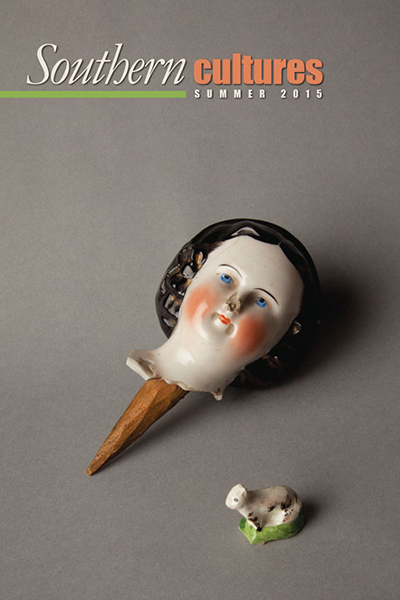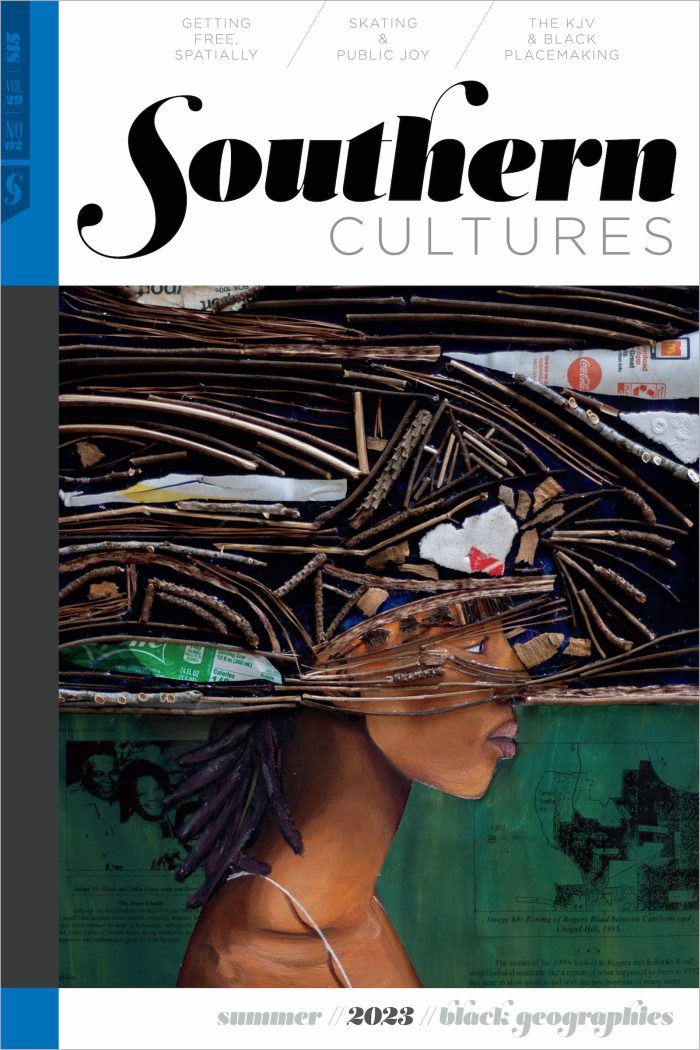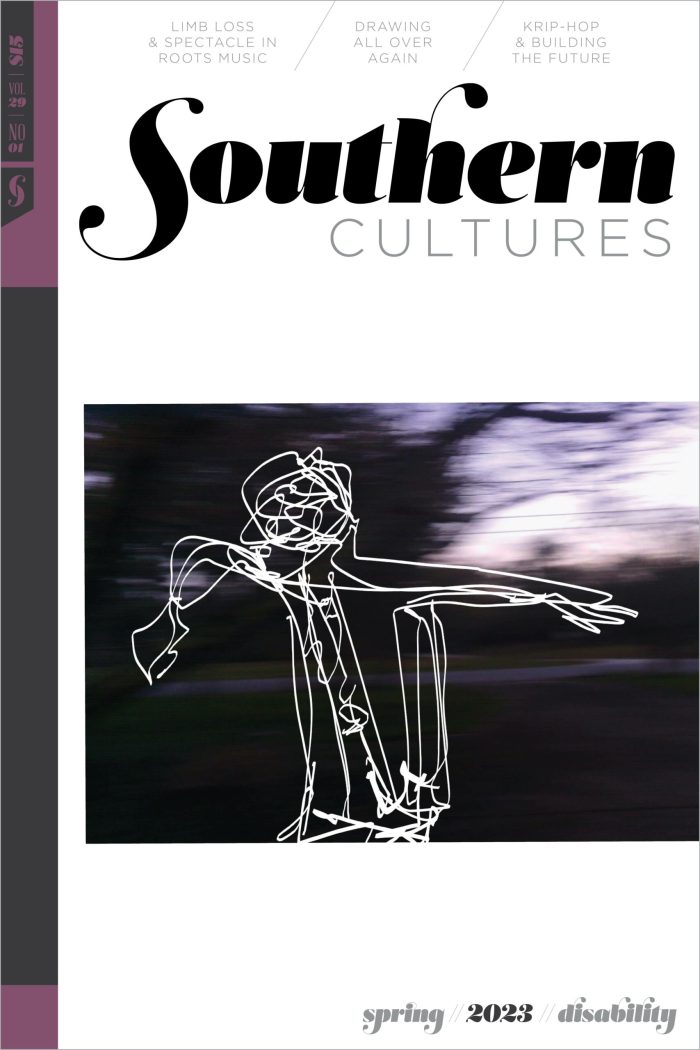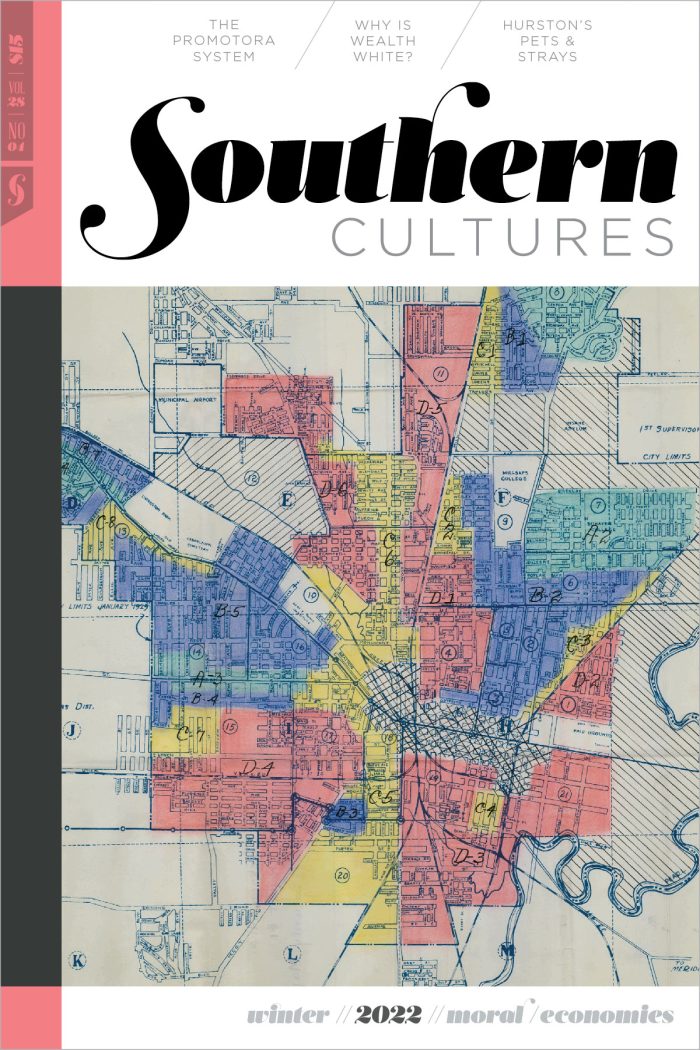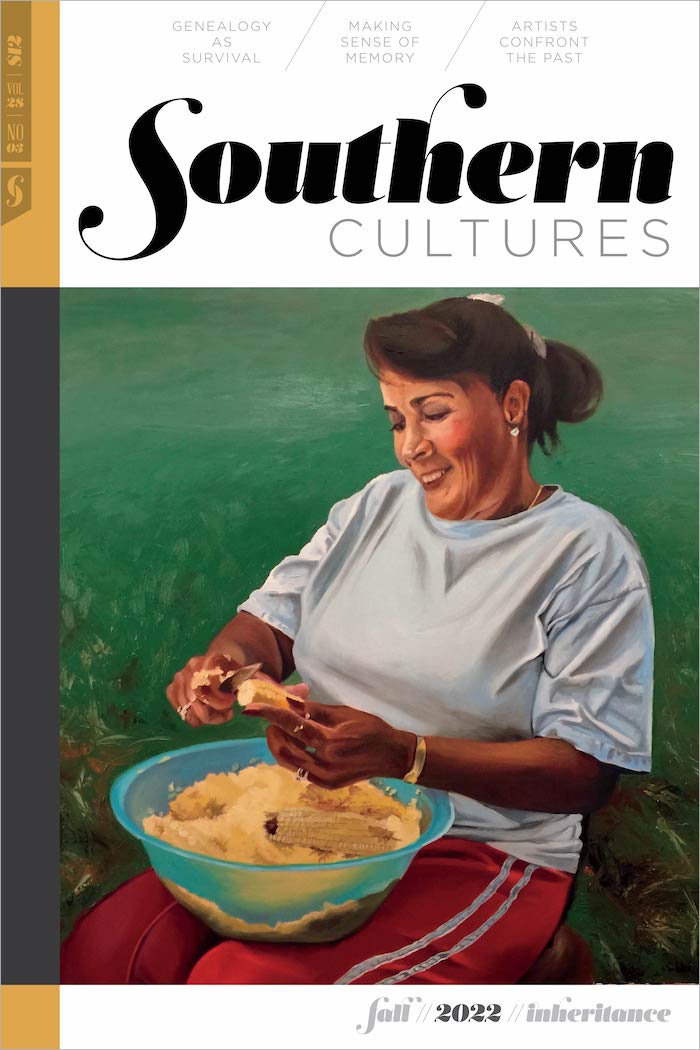BUY ACCESS
by Harry L. Watson
“Alongside the good ol’ boys, we are now more aware of southerners of every color, class, sex, and religion, who resisted slavery, opposed the planters, fought for the ballot, sat-in at lunch counters, organized unions, and preserved their Native traditions.” Back in 1941, Charlotte journalist Wilbur J. Cash published The Mind of the South, a »
Essay
Atlanta, Racial Politics, and the Return of Muhammad Ali
by John Matthew Smith
“In Atlanta, nothing else seemed to matter with the champ in town. He owned the city. It was a powerful scene—’sheer Black, street-corner ebullience out for a Sunday evening promenade.” The wait was over. On October 25, 1970, on the eve of Muhammad Ali’s first professional boxing match in forty-three months, African Americans flooded the »
BUY ACCESS
by Keira V. Williams
“So where are the voices of those millions of mothers who reject, resist, and redefine the maternal ideal?” In 1989, American audiences flocked to see the sweet southern dream that was Steel Magnolias. The film follows a multigenerational group of women through the wedding, marriage, pregnancy, and death of the young and beautiful Shelby, played »
Essay
Lesbian Print Culture in North Carolina, 1976–1983
by Julie R. Enszer
“‘Running this old printing press / with a woman on my mind / it jammed up tight eight times today / and I think this might make nine.'” In the inaugural 1976 issue of the journal Sinister Wisdom, founders Harriet Desmoines and Catherine Nicholson wrote, “We’re lesbians living in the South. We’re white; sometimes unemployed, »
BUY ACCESS
by William R. Ferris
“‘What is most important . . . Is that Bulgarians know there are people on the other side of this globe who have the same problems, the same feelings, even the same words for things as we do.'” In May 1987, I traveled from Oxford, Mississippi, to Sofia, Bulgaria, to lecture on the American South »
BUY ACCESS
by Matthew Ross
“‘How can I be bitter? You are my strength, you ghosts.'” In Vietnam and the Southern Imagination, Owen W. Gilman Jr. writes that “Southerners have an affinity for history, and thus Vietnam has been joined frequently to the long span of history cultivated in the South.” One of the more vocal critics of the American »
BUY ACCESS
by Christopher Broadhurst
“The 6,000 UNC students who went on strike in May 1970 not only showed the power of their collective voice but also evidenced that protests on southern campuses could rival the scale and intensity witnessed on any college or university in the nation.” Students at the University of North Carolina at Chapel Hill, like so »
by Tanya Finchum,
Juliana Nykolaiszyn
“Now, my momma’s pumps are buried with her, that and her whip is buried with her . . . She asked if we would put that in with her.” Often referred to as Little Dixie, the southeastern corner of Oklahoma is home to more than just customs stemming from Native American influences in the 1800s »
BUY ACCESS
by E. M. Beck
“There were more threatened than actual lynchings in the twentieth century, while the reverse was true in the years prior to 1900. These trend data suggest that the South became more effective in suppressing mob violence after 1900, such that, although threats of mob violence remained high, the number of persons killed annually declined significantly.” »
BUY ACCESS
by Darnell Arnoult
“Daddy wore a coat and tie when he wasn’t playing golf—even to fight gorillas . . .” Around ten, the phone rang. We were all in bed. I was two.“Joe,” he heard the voice slur, “There’s a fellow with a gorilla down here. Says he’ll play a hundred bucks to anybodywho goes five minutes with »
